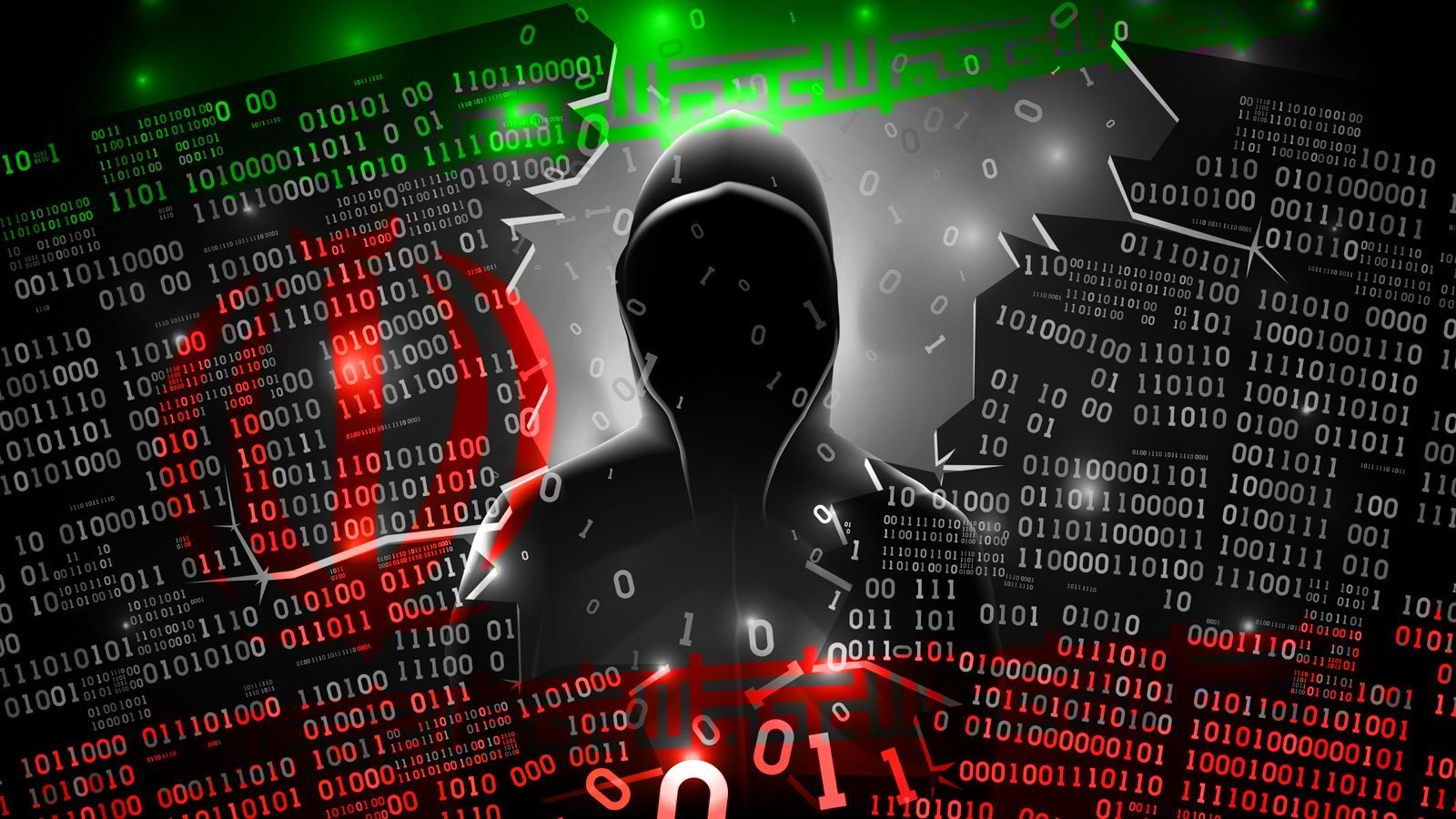Despite a declared ceasefire in the Middle East, U.S. federal agencies are sounding the alarm over a renewed wave of cyber threats from Iranian-affiliated actors targeting American infrastructure. A joint advisory from CISA, NSA, FBI, and DC3 outlines growing concerns about ransomware, DDoS attacks, and industrial control system breaches.
Iranian Hacktivists Pose Persistent Threat Despite Ceasefire
In a rare and urgent joint advisory issued this week, four leading U.S. security and intelligence agencies the Cybersecurity and Infrastructure Security Agency (CISA), Federal Bureau of Investigation (FBI), National Security Agency (NSA), and Department of Defense’s Cyber Crime Center (DC3) have raised red flags about the heightened risk of cyberattacks on critical infrastructure by Iranian-affiliated hackers.
Despite a declared ceasefire in the Israel-Hamas conflict and ongoing diplomatic negotiations, the threat of state-backed cyber aggression lingers. The advisory cautions that Iranian actors, including hacktivist proxies and ransomware collaborators, are expected to ramp up operations targeting U.S. entities particularly those in sectors like energy, healthcare, defense manufacturing, and utilities.
The agencies warn that cyber operations may be triggered by perceived U.S.-Israeli alliances and retaliatory motivations rooted in the Gaza conflict. Targets of particular concern include Defense Industrial Base (DIB) companies connected with Israeli defense firms, with attackers expected to exploit outdated software, default passwords, and exposed industrial control systems (ICS).
Tactics Escalating: From Web Defacements to Industrial Sabotage
The advisory describes a wide spectrum of tactics being employed. Iranian-affiliated cyber groups are increasingly using automated password guessing, default manufacturer credentials, and even engineering tools to infiltrate operational technology (OT) environments. This places devices like human-machine interfaces (HMIs), performance monitors, and vendor systems at high risk.
Hacktivists have already launched successful website defacement campaigns and “hack-and-leak” operations, often blending technical compromise with propaganda efforts. The strategy is clear: expose private data, amplify it via social media, and inflict reputational damage on victims both companies and governments.
One high-profile campaign earlier this year during the height of the Israel-Hamas conflict saw Iranian cyber operatives compromise Israeli-made programmable logic controllers (PLCs) used by U.S. water utilities and food manufacturers. These attacks leveraged known vulnerabilities in public-facing systems, especially those with no password protections.
The actors are now expected to coordinate with ransomware groups, executing data theft and encryption operations simultaneously, and leaking sensitive information online to magnify the impact.
Agencies Urge Hardening Defenses and Rapid Mitigation
In response, the advisory outlines a set of specific and urgent mitigations:
- Disconnect vulnerable OT/ICS assets from the public internet. High-risk ports like RDP, SSH, and web interfaces must be shut down or tightly controlled.
- Enforce strong password protocols and adopt phishing-resistant MFA. Systems still using factory defaults are prime targets for brute-force attacks.
- Apply all vendor-supplied patches and security updates immediately. Known Common Vulnerabilities and Exposures (CVEs) remain a favorite attack vector.
- Monitor access logs and configure OT systems in ‘run’ mode to prevent unauthorized tampering.
- Establish airtight business continuity and recovery plans. Backups and rehearsed response protocols are critical to minimizing operational disruption.
Officials are particularly concerned about the potential cascading effects of a successful OT attack. “Even a single compromised water or power facility could sow nationwide panic and severely impact public trust,” said a senior CISA analyst who asked not to be named.



